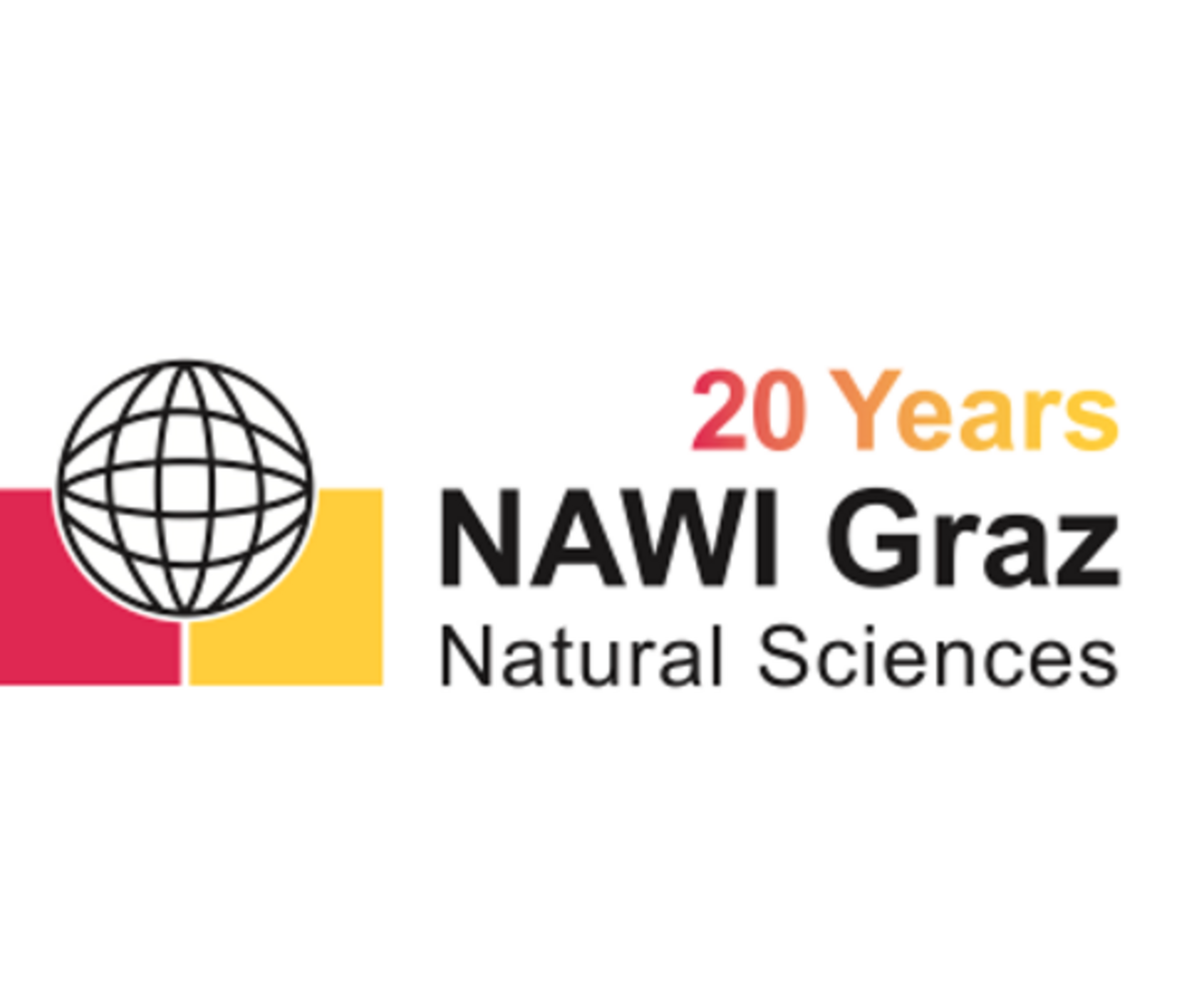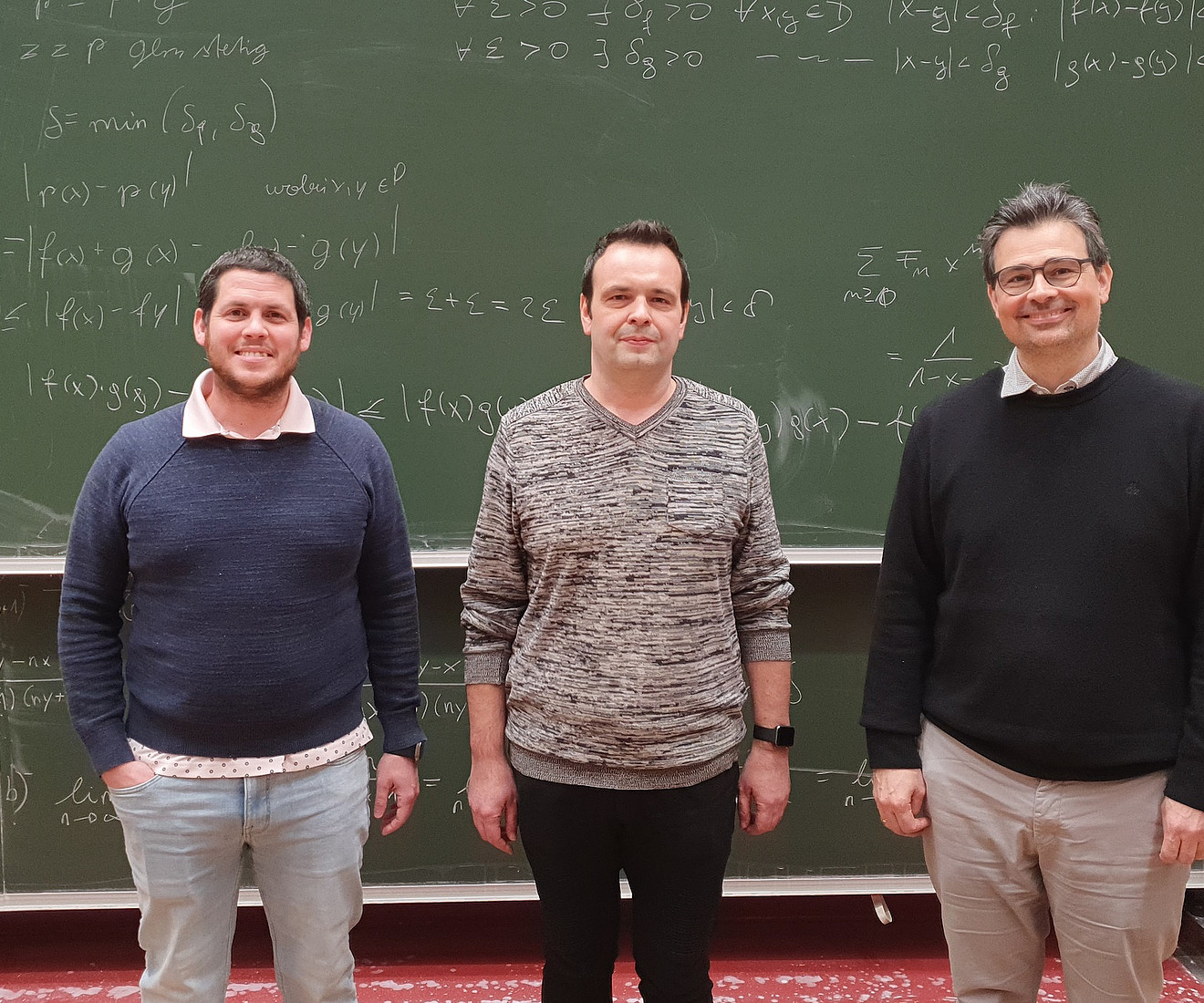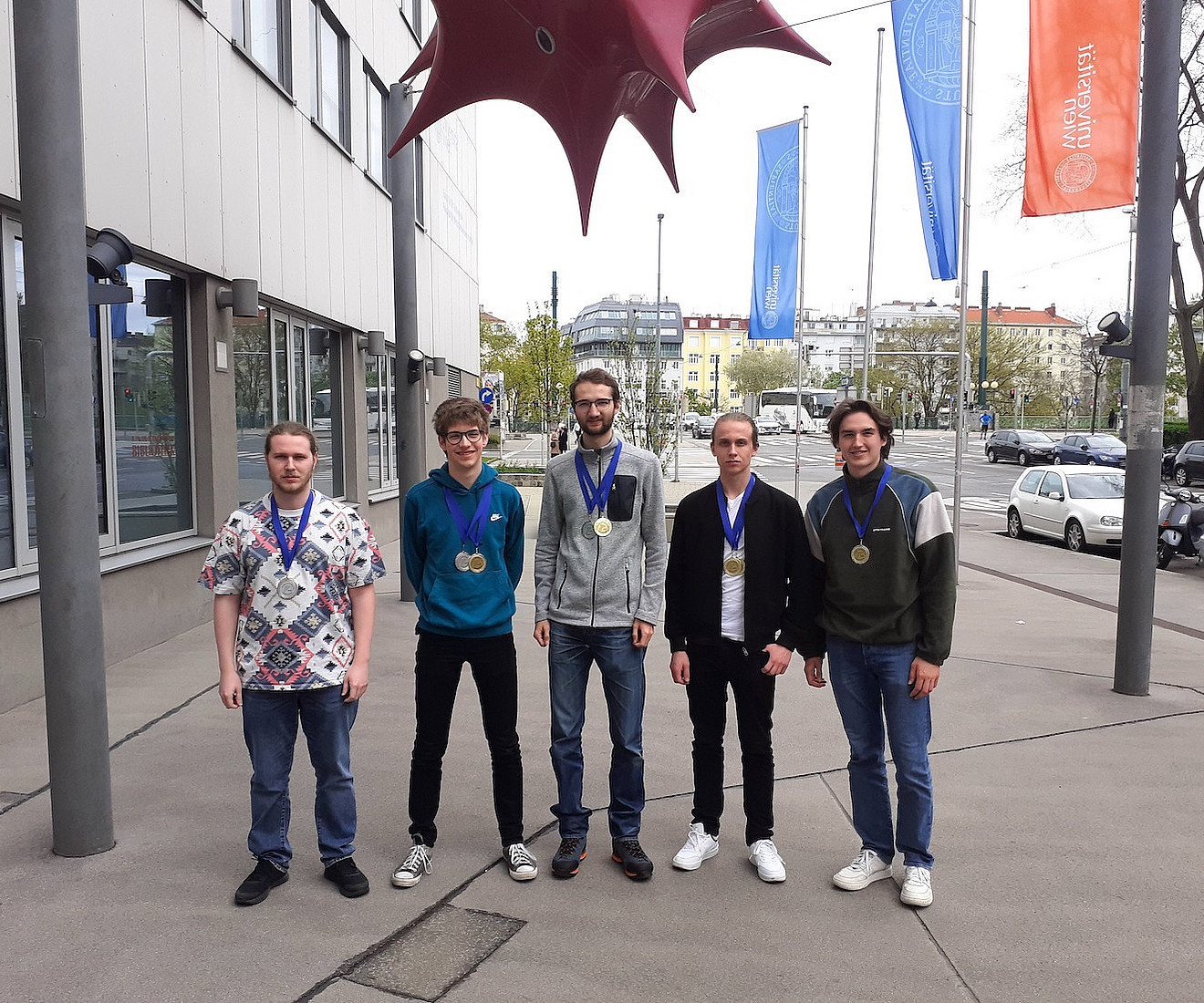Date, Time and Place: June 27, 10:30–13:00, Seminarraum 2 Inst. of Geometry, Kopernikusgasse 24/IV, TU Graz.
Program:
10:30 — Behzad Azmi (KFU, advisor K. Kunisch):
A receding horizon framework for the stabilization of controlled systems
Abstract: One efficient strategy for dealing with optimal control problems on an infinite time horizon is the receding horizon framework. In this approach, an infinite horizon optimal control problem is approximated by a sequence of finite horizon problems in a receding horizon fashion. However, stability (convergence to steady state) is not generally ensured due to the use of a finite prediction horizon. Thus, an additional terminal cost function is often needed to ensure asymptotic stability. In this presentation, we are concerned with the receding horizon approach for infinite-dimensional dynamical systems. we study the stabilizing property of the receding horizon framework for different choices of the terminal cost. Numerical examples are presented as well.
11:00 — Renier Mendoza (KFU, advisor S. Keeling):
A Multi-Phase Segmentation Approach to Electrical Impedance Tomography
Abstract: In Electrical Impedance Tomography, different current patterns are injected to the unknown object through the electrodes attached at the boundary ∂Ω of Ω whose unknown internal conductivity distribution σ is to be determined. In this work, we present a Multi-phase Segmentation Approach to recover this conductivity distribution by using the topological derivative of the associated cost functional to initialize and then using a descent method to obtain the iterates
11:30 — Break (coffee and refreshments)
12:00 — Christoph Koch (TU, advisor M. Kang): The phase transition of the largest component in random graphs and hypergraphs
Abstract: Phase transitions are one of the most central topics of random discrete structures. In this talk we use a branching process approach to analyze the size of the largest component in random graphs and hypergraphs. In order to make this talk accessible to everyone, the method will be demonstrated for the phase transition in the classical binomial random graph. Subsequently we will sketch briefly how the method can be adapted to more general models of random graphs and hypergraphs.
12:30 — Bumrungsak Phuenaree (TU, advisor F. Kappel): Nonlinear Maximum Likelihood Problems with Non-normal Data.
Abstract: We study the problem of estimating parameters in nonlinear models with non-normal data. In many situations, the noise assumption of normality is violated; therefore, the maximum likelihood estimation is used for solving the problem in this case. We consider only constant variance data in the parameter estimation formulation and illustrate this method throughout with the Verhulst-Pearl logistic growth model.



